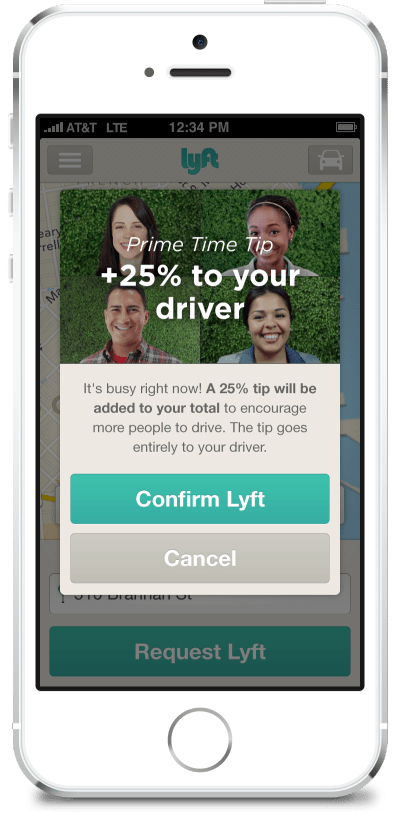First and foremost: Don’t get me wrong—Uber has a ton of money and may just drown Lyft with it. But I think, barring drowning, Lyft will win the race. And in using and talking to Lyft drivers in SF and NYC the last few weeks, it’s become clear that things are changing.
Here’s why.
Arguably, neither app currently has brand loyalty from its drivers. Almost every driver seems to be using both apps. But I’ve noticed a trend slowly developing: Drivers are starting to complain about Uber. Not about payment or logistics; there are plenty of riders and the drivers get paid well. Instead, it’s Uber and it’s riders’ attitude & culture.
Complaints I’ve heard:
- “Uber riders are unpleasant; I’d rather drive Lyft passengers”
- “Uber punishes me when riders complain, even if I didn’t do anything wrong”
- “Uber sends me aggressive automated messages when I go off-course, even though I’m doing it for the customer”
Meanwhile, Uber riders are developing a growing distaste for the service. This isn’t surprising considering the violent acts* as a result of potentially questionable driver screening**, bragging about their creepy spying on users, aggressive acts towards press, lack of empathy about deaths caused by their drivers, a ham-fisted initial rollout of surge pricing, etc.
Lyft has made a positive culture and engagement with its communities—both drivers and riders—a huge part of the brand. I’ve been arguing from the start that this will be their differentiator, and now it’s starting to shake out. IF the prices of the services remain relatively comparable (which, to my first point, Uber might win through the sheer volume of their funding), I think people will continue to shift their loyalty to a company they trust and respect. I waited 12 minutes in Manhattan last week for a Lyft because I don’t like the culture at Uber. The driver went 10 minutes out of her way to pick me up because she’d prefer to work with Lyft, even though there were Uber riders closer to her.
As Justin Isaf highlighted in his CMX workshop last week: Community, done well or badly, has a long-term return on investment. You can use the muscle of money and marketing to get short-term results, but long-term the market will shift towards the brand that makes people feel welcome, trusted, protected, and empowered instead of insulted, attacked, and threatened.
*Full Disclosure: The rider in this story is a friend of a friend. However, he’s far from the only person claiming harassment from an Uber driver.
**It’s unclear what the differences (if any) between Uber and Lyft drivers are, aside from the fact that Lyft requires new drivers to go on “mentor rides” with an experienced Lyft driver who must approve them…again, putting community best practices to work.
Photo courtesy of Jason Guerilla Tester Futures.


